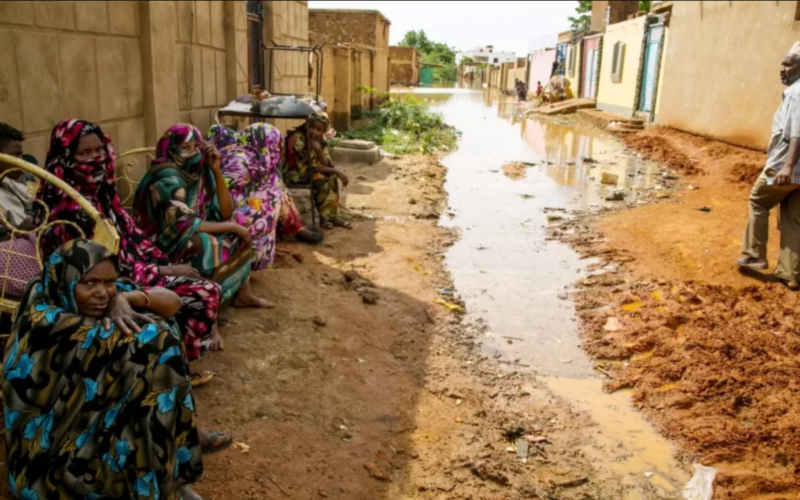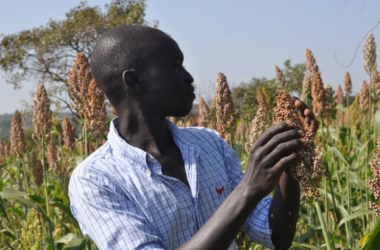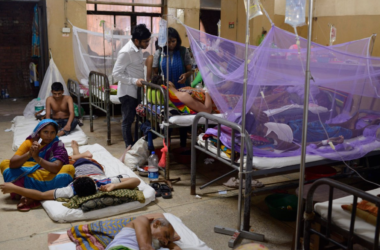Sudan is currently grappling with a concerning outbreak of dengue fever, which has tragically resulted in the loss of lives across eight different states. This alarming situation has prompted urgent measures to contain the spread of the disease and provide necessary medical care to affected individuals. In this article, we will delve into the details of the outbreak, its potential causes, and the steps being taken to mitigate further harm.
Sudan has recently witnessed a surge in cases of dengue fever, a mosquito-borne viral infection that can lead to severe complications if not promptly addressed. As of the latest reports, the outbreak has claimed the lives of 11 individuals across eight states, highlighting the urgent need for intervention.
The impact of this outbreak is widespread, with dengue fever-related fatalities reported in eight states across Sudan. These cases serve as a stark reminder of the vulnerability of communities to vector-borne diseases in the region.
In light of the outbreak, authorities and healthcare professionals in Sudan are implementing a range of measures to address the situation. Efforts are being made to strengthen disease surveillance systems, enabling the early detection and reporting of dengue fever cases. Intensified mosquito control measures, including the use of insecticides and environmental management, aim to reduce mosquito breeding sites. Educational initiatives are being launched to inform communities about preventive measures, symptoms of dengue fever, and the importance of seeking prompt medical attention. Adequate medical care and treatment protocols are being put in place to ensure that affected individuals receive timely and appropriate healthcare.
The outbreak of dengue fever in Sudan, resulting in 11 tragic fatalities across eight states, underscores the critical importance of public health interventions and preparedness measures. Swift and coordinated efforts by healthcare authorities, in tandem with community engagement, are crucial in containing the spread of the disease and minimizing further harm. As Sudan navigates this health crisis, a collective commitment to proactive measures will be pivotal in safeguarding the well-being of its population.








